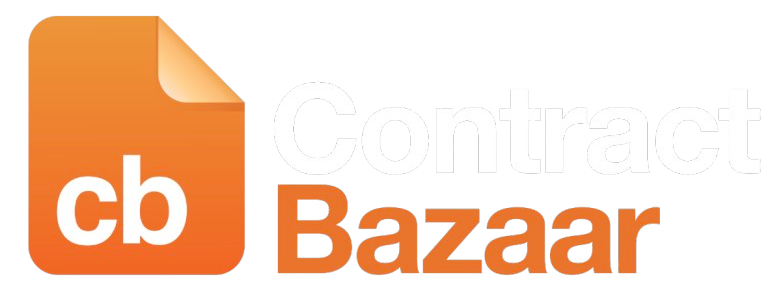Professional practises in a number of areas are already becoming more refined thanks to artificial intelligence (AI). However, if contract intelligence engines based on a foundation of machine learning are given a nutritious diet of relevant contract data, improvements in AI can be particularly useful as they relate to contract management software systems.
If you are looking for a contract management system, then. Great. This article will assist you in determining the most important characteristics to focus on in your search:
- Accurate Data
- Centralized Repository
- Custom Reporting and Tracking
- Contract Risk Mitigation Review
- Third Party Paper
- Accurate data
Accuracy appears to be an industry standard among CMS vendors who offer an automated method of extracting data from contracts. It’s crucial to remember that not every “AI” is the same. It is preferable to choose a CMS supplier who uses machine learning AI if you decide to go the AI path. No matter where on the page the data is contained in your contracts, machine learning AI can easily find it. You can search your whole central repository using AI to find the clauses or provisions you’re looking for.
2. Centralized Repsitory
If the CMS you’re considering can’t give you a single source of truth for your contracts across many locations, it should be a deal breaker. When you need them most, you can use this to access insights from any contract throughout your firm. There should be just one database for contracts. a single, concentrated area. There is only one true source. All the document management tools you require to keep track of all your contractual commitments and centrally manage your approval procedures should be available in a CMS. Additionally, it should use version control to preserve a record of earlier iterations of contracts for quick access.
3. Third Party Paper
Even in 2019, there are still some content management systems (CMS) available that only let you access insights on contracts you’ve created in their system and don’t let you access insights on documents produced by a third party. This is something you would think would be standard with all contemporary contract management software. If you can’t compare and contrast data across all of your contracts, what use is the information in your contracts?
4. Contract Risk Mitigation Review
You can more readily identify risks related with non-compliance in any of the agreements you’ve made inside your contracts if your firm has a centrally located repository for its contracts. Some contract management tools can even help with the contract review process by using AI to compare your standardised language to language in a document from a third party and automatically highlight non-compliant wording.
5. Custom reporting and tracking
It’s no longer a secret. Data is the new gold, and the great migration is currently underway. Although the combined data in the repository of your company’s contracts may be a gold mine of insights, if the data isn’t usable, it’s like trying to dig through bedrock with bare hands. Your ideal CMS should make it simple for you to search for and keep track of information in your contracts, including expiration dates, contract values, critical date alerts, and important clauses, enabling you to take appropriate action. To eliminate the need for separate template tools and paper signatures, a successful CMS should include the full contract management process, from contract drafting to electronic signature. You should be able to concentrate more on your professional connections.
With a better understanding of contract risk and the positive and negative interactions between data, contract language, and contract processes, artificial intelligence in contract management is intended to help contract professionals concentrate on strategizing and making wise decisions.
